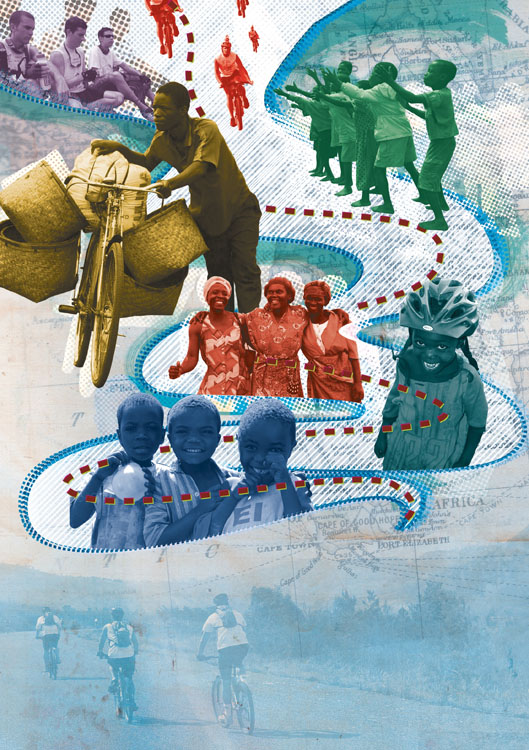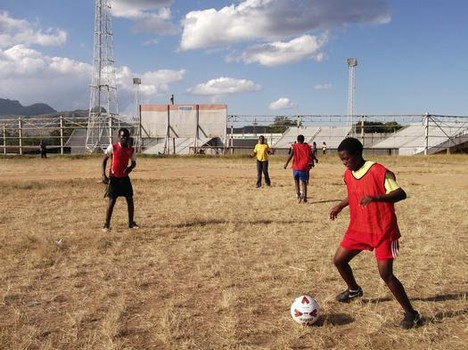Newborn Joshou Nandola is bundled warmly in a big woolly blanket. Joshou’s name is written on his birth report. Joshou will know his birthday.
Joshou’s mother Justina Nandola has waited in line with other mothers who had just given birth to make sure that he would have this piece of vital information, which will prove he is a citizen of Malawi. “This is very important because other people know where one comes from because of that passport,” she says.
Birth registration protects children
According to the 2008 population census, the Government of Malawi estimates that about 16.6 per cent of children under the age of 18 have a birth certificate.
Without a birth certificate, children are at higher risk of such abuses as child trafficking and early marriage. They are also likelier to have limited access to social services such as healthcare, and an education.
UNICEF Malawi Child Protection Officer Martin Nkuna explains, “There are many children that are in child labour, there are many children on the streets, there are many children that are disposed-of property once their parents die, and to enforce the rights of these children, it requires their identification that they are indeed children.”
The path to requiring registration
Malawi’s compulsory universal birth registration process started in early 2012 at the Bwaila Hospital in the capital, Lilongwe, where some 40 to 60 babies are born every day. From March to September, over 3,000 babies received birth reports.
Through support from UNICEF, this programme will soon be rolled out to other parts of the country.
Overcoming challenges to the programme
Expanding the programme is not easy. There are logistical and cultural barriers to its implementation. “In Malawi, by tradition, it is difficult to give a name by a newly born baby,” says Health Information Clerk at Bwaila Hospital Raphael Munkhondia.
To address the challenges, the birth registration process is integrated early – into antenatal and immunization programmes. From the time a woman starts receiving antenatal care, she is encouraged to think of a name for her child.
After she’s given birth, a mother can acquire a birth report during her postnatal check-ups or when she reports for the baby’s first immunizations.
Malawi has made much progress in reducing the mortality rate for children under 5 years old, which dropped by 64 per cent between 1990 and 2011. As the birth registration programme is implemented together with other initiatives, more children born in Malawi stand a better chance of growing up healthy.





No comments! Be the first commenter?